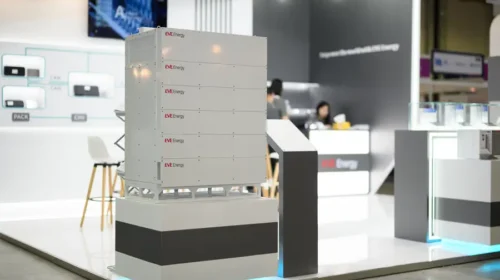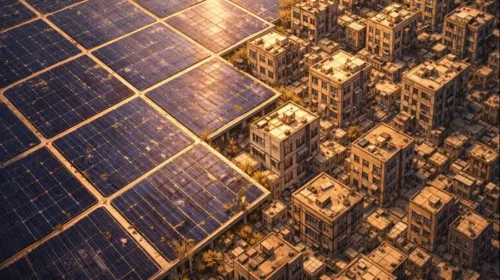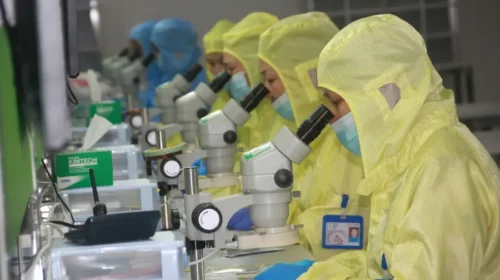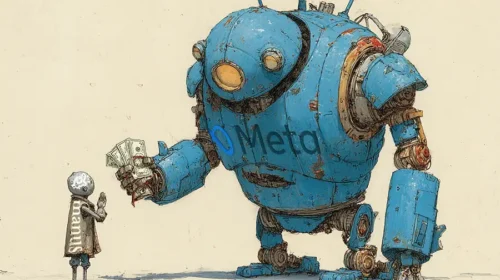Following its sale last month of brick-and-mortar department store operator Intime, Alibaba Group Holding Ltd. (BABA.US; 9988.HK) on Wednesday announced another similar agreement to sell its majority stake in supermarket operator Sun Art Retail Group Ltd. (6808.HK) to Chinese private equity firm DCP Capital.
According to the announcement, Alibaba is entitled to receive up to HK$13.13 billion ($1.69 billion) for its 78.7% of Sun Art’s shares, equivalent to a price of HK$1.75 per share. The price reflects a 4.89% discount compared to the undisturbed closing price of HK$1.84 per share on the last trading day before the announcement. Based on this price, the transaction is expected to generate proceeds of HK$12.29 billion, with Alibaba recording a loss of HK$13.17 billion ($1.8 billion) on its Sun Art investment.
Alibaba said the sale represents an opportunity to monetize a non-core asset, allowing it to focus on its core e-commerce business. Sun Art primarily operates online sales channels and offline stores, the latter anchored by its RT-Mart supermarkets. In October 2024, Sun Art disclosed that a potential buyer had expressed interest in acquiring its shares held by Alibaba.
Sun Art’s stock opened 14.92% lower at HK$2.11 on Thursday after the announcement and plunged as much as 35% during the morning session before closing down 16.5% at HK$2.07 by the midday break.
By Lee Shih Ta
To subscribe to Bamboo Works weekly free newsletter, click here






